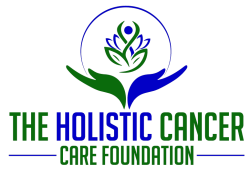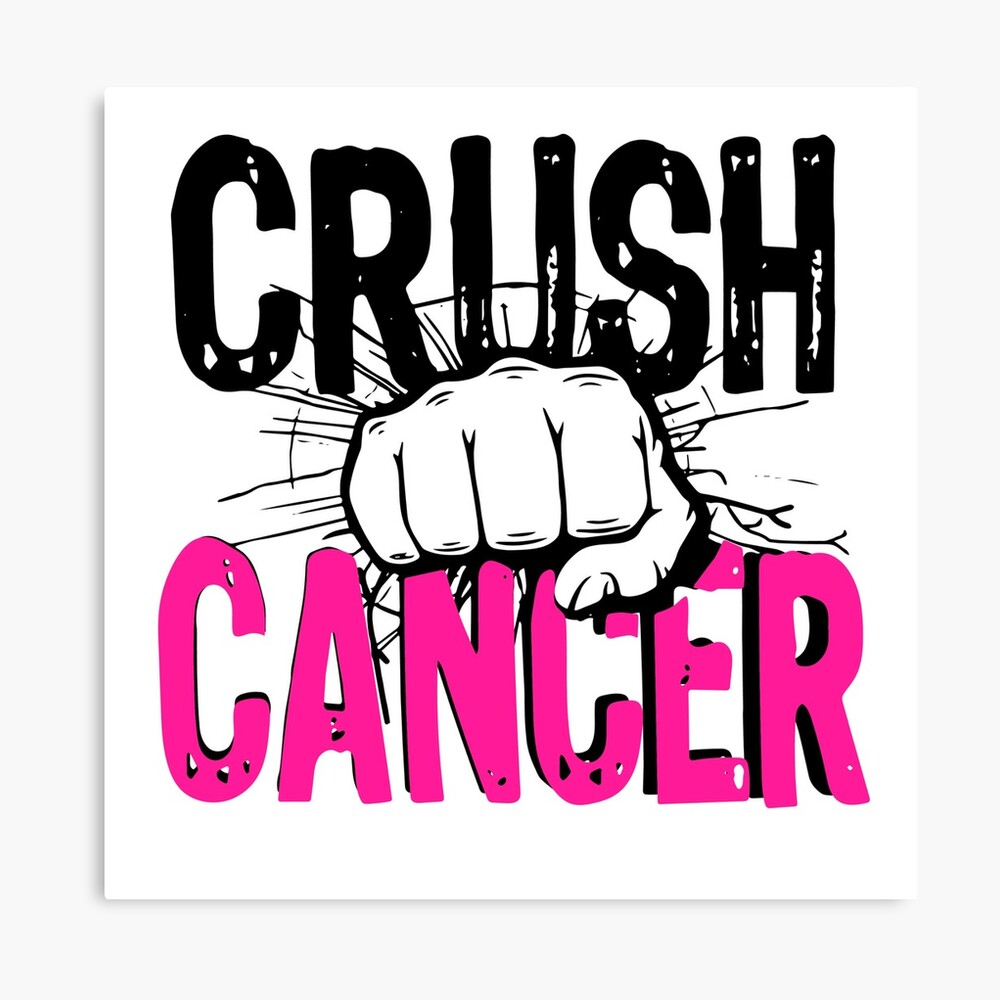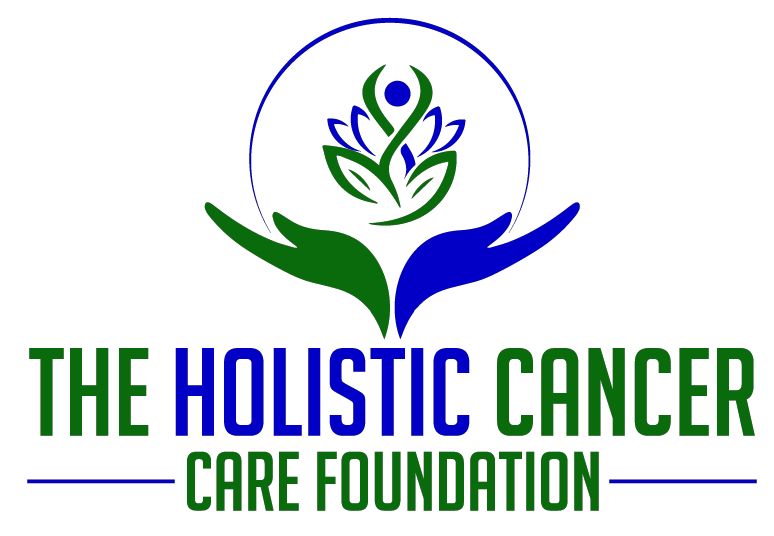There is nothing that illustrates the power of the mind-body connection more convincingly than the “placebo effect”, a phenomenon where real improvement is evident after taking a fake or nonexistent treatment, called a placebo. Because the placebo can’t actually cure a particular condition, any beneficial effects reported are due to a person’s belief or expectation that their condition will be treated successfully. The “nocebo effect” is just the opposite, it is the prospect of no hope whatsoever, and in the case of cancer, it’s led to countless unnecessary deaths.
The power of the mind and its expectations were made blatantly clear in a rather gruesome experiment undertaken by Dr. Curt Richter in the 1950s. In that experiment, he took a dozen domesticated rats and placed them into jars half-filled with water to test how long they could tread water. On average they’d give up and sink after 15 minutes. He then changed the process and right before they gave up due to exhaustion, the researchers would pluck them out, dry them off, let them rest for a few minutes – and put them back in for a second round. Guess how long they lasted on this second try? 60 hours! The conclusion drawn was that since the rats now BELIEVED that they would eventually be rescued, they could push their bodies way past what they previously thought possible.
So how is that relevant to us? Obviously, humans are quite different from rats, but one similarity stands out: we all need a reason to keep swimming!
Which takes me to a critical message for patients diagnosed with cancer. Did your oncologist, perhaps unknowingly but nevertheless cruelly, produce the “nocebo” effect? Did he or she use their exalted position of education and authority to audaciously claim to know how much time you have left? Did he or she tell you to get your affairs in order because, based on a totally ineffective current standard of care, you have a limited time left? Or did you have the good fortune to get the holistic, epigenetic message that 95% of all cancers are the result of environment and lifestyle, which means you, like thousands of other patients in remission, have legitimate hope for recovery?



